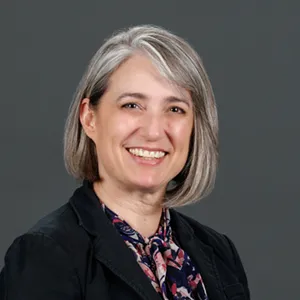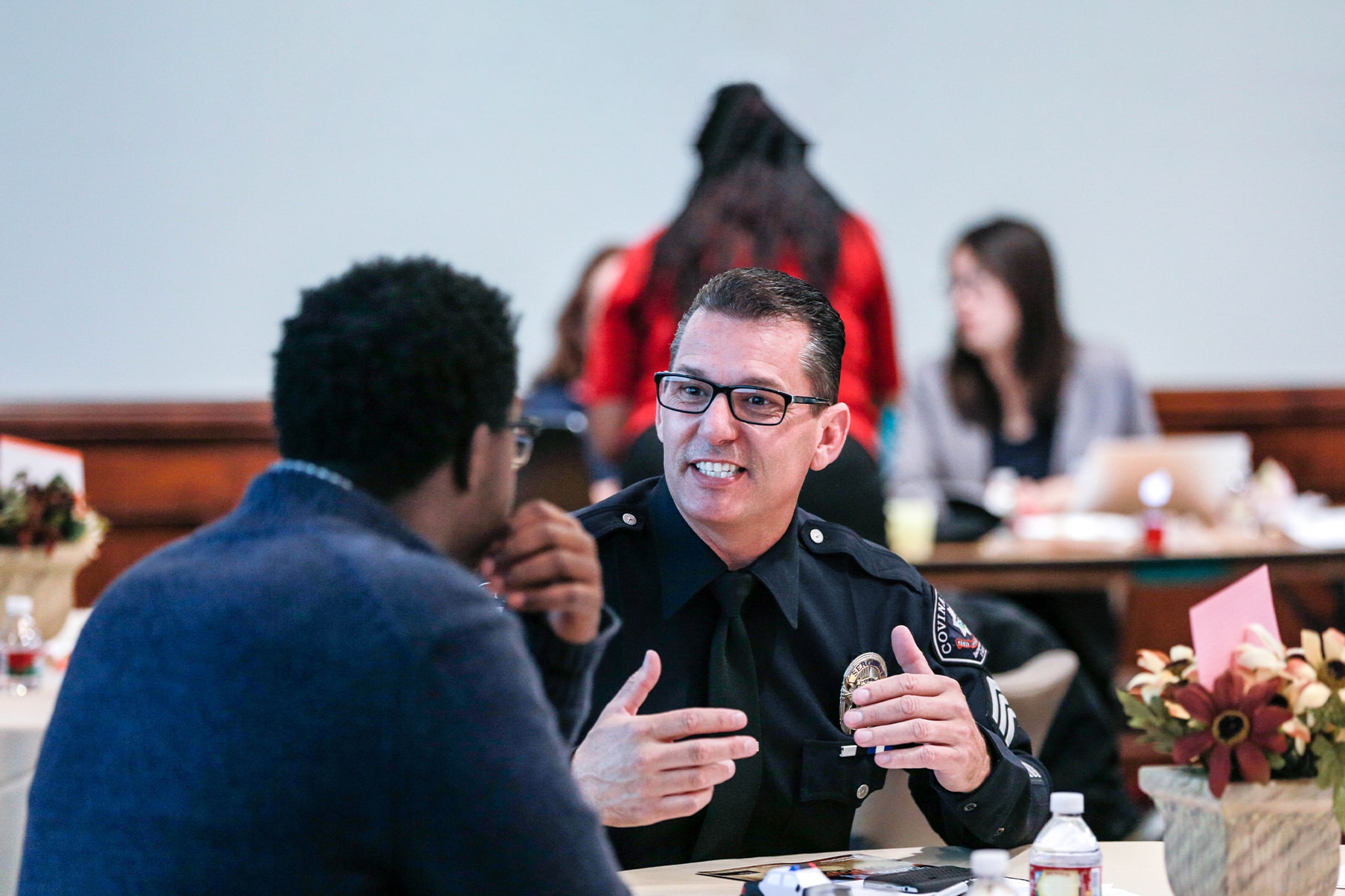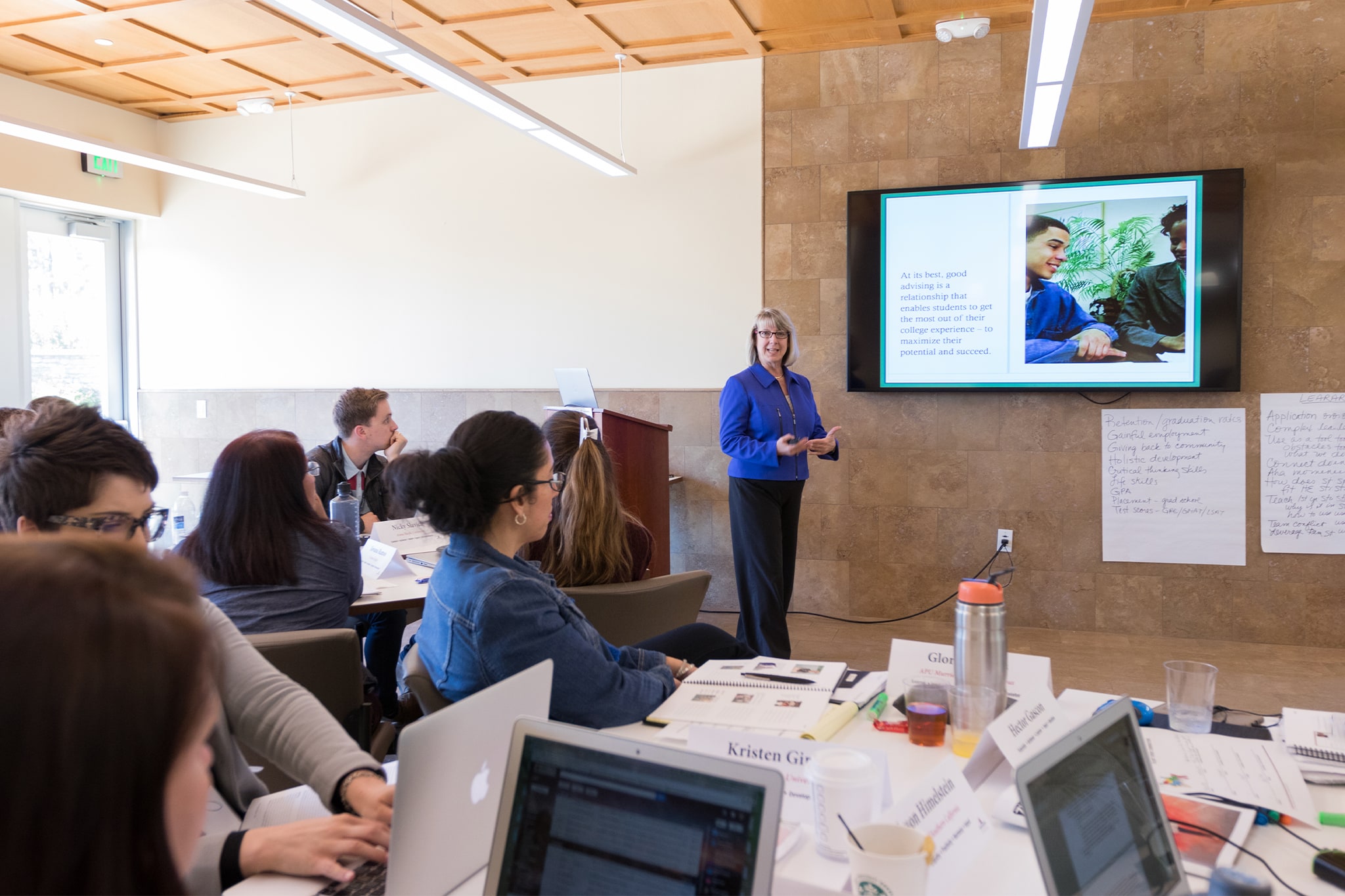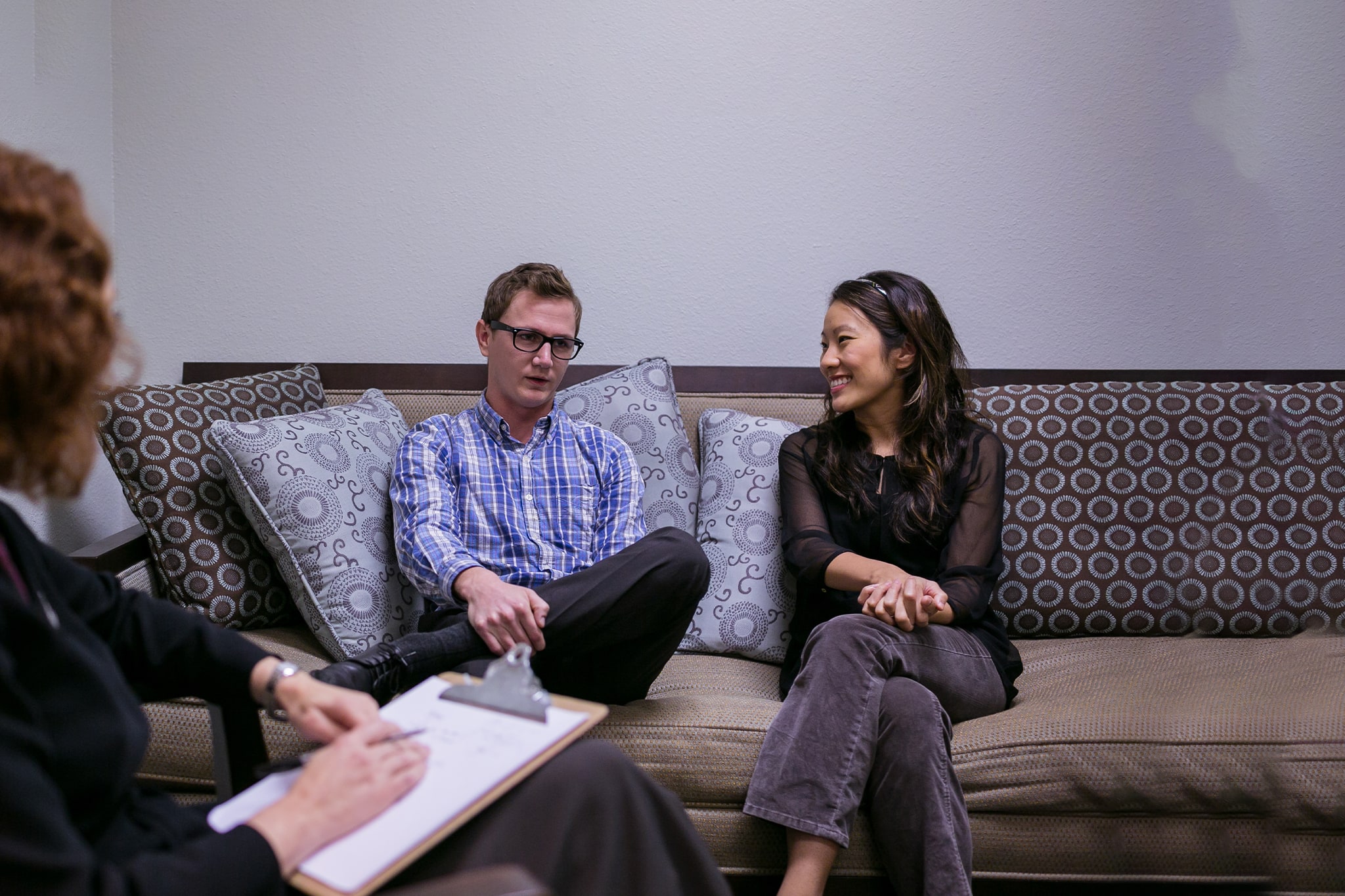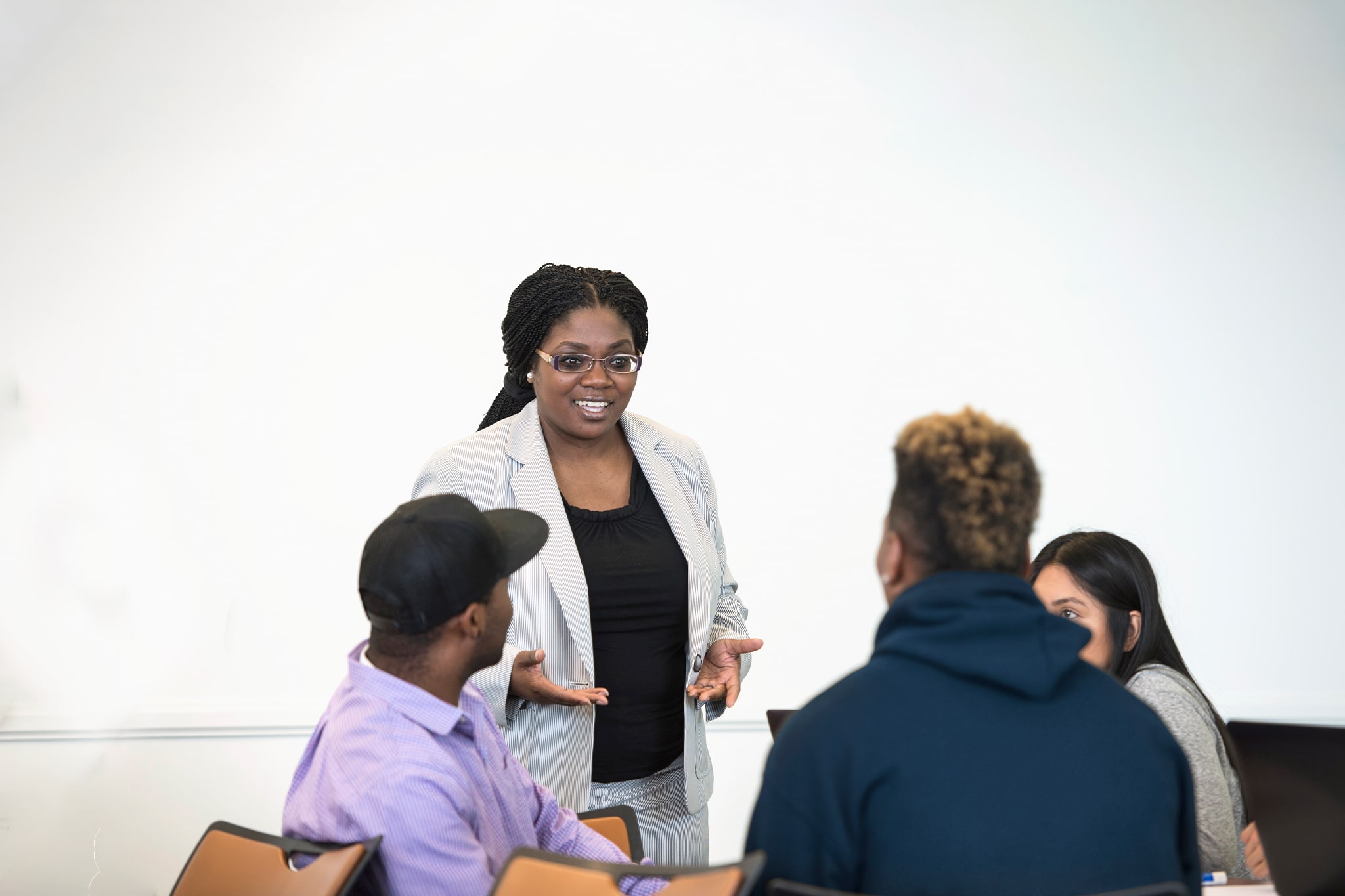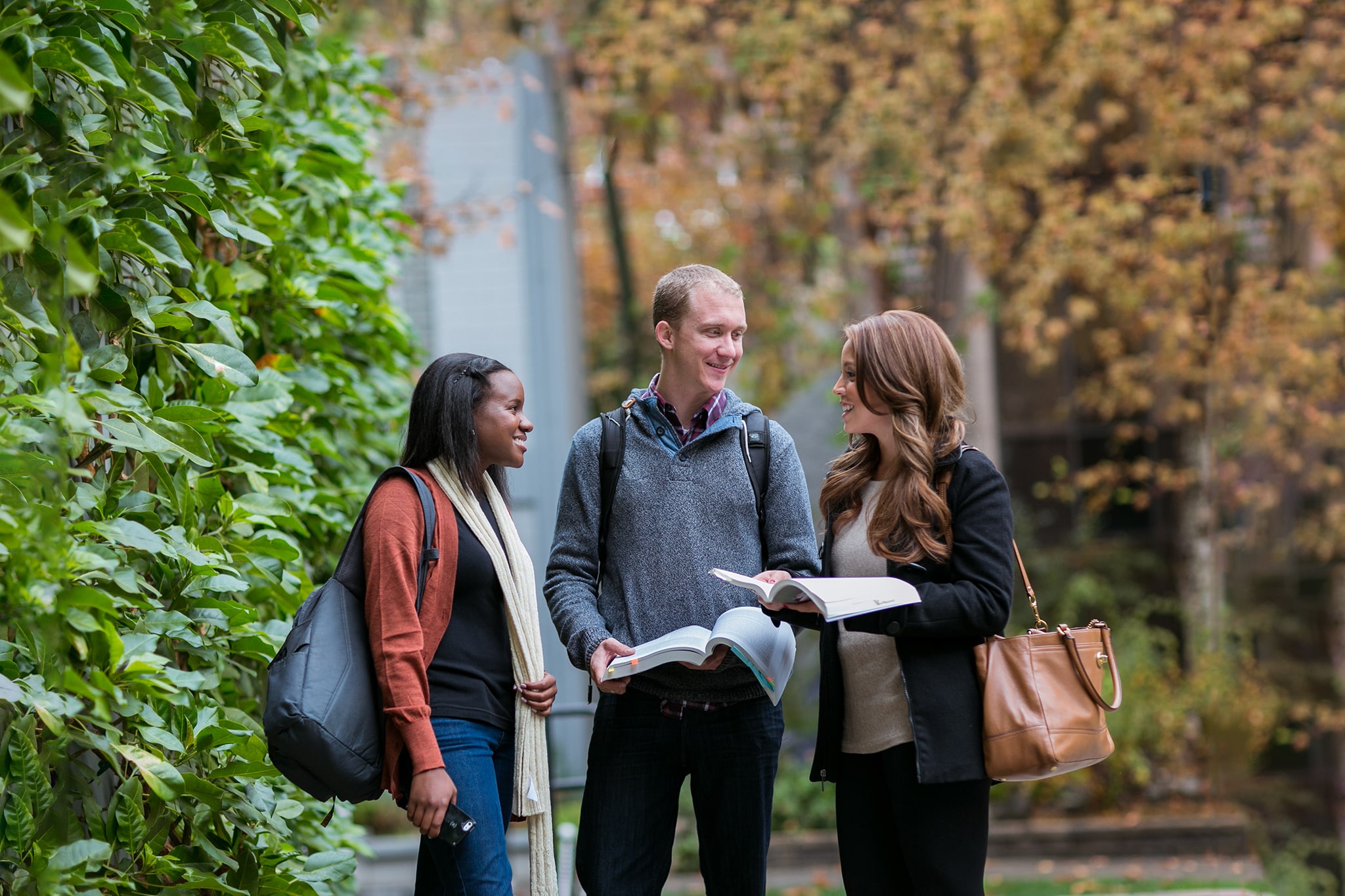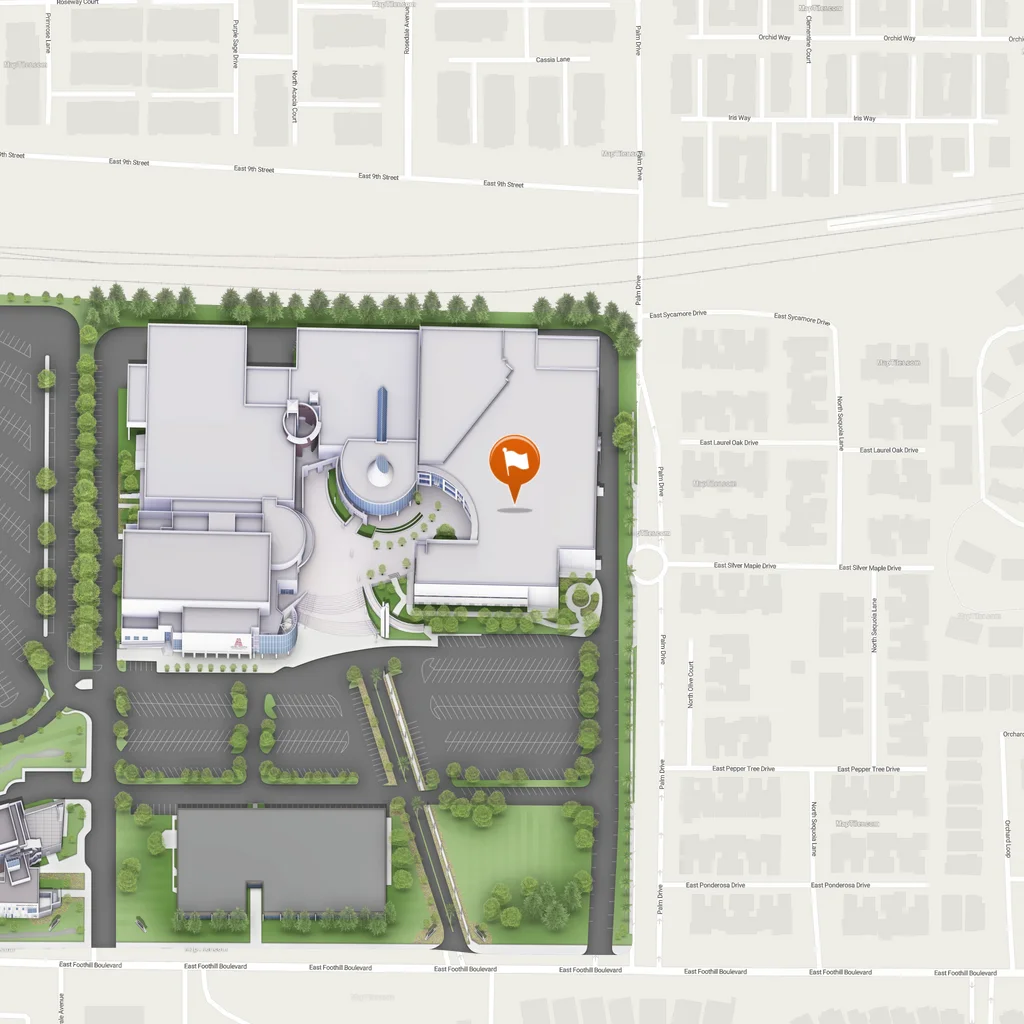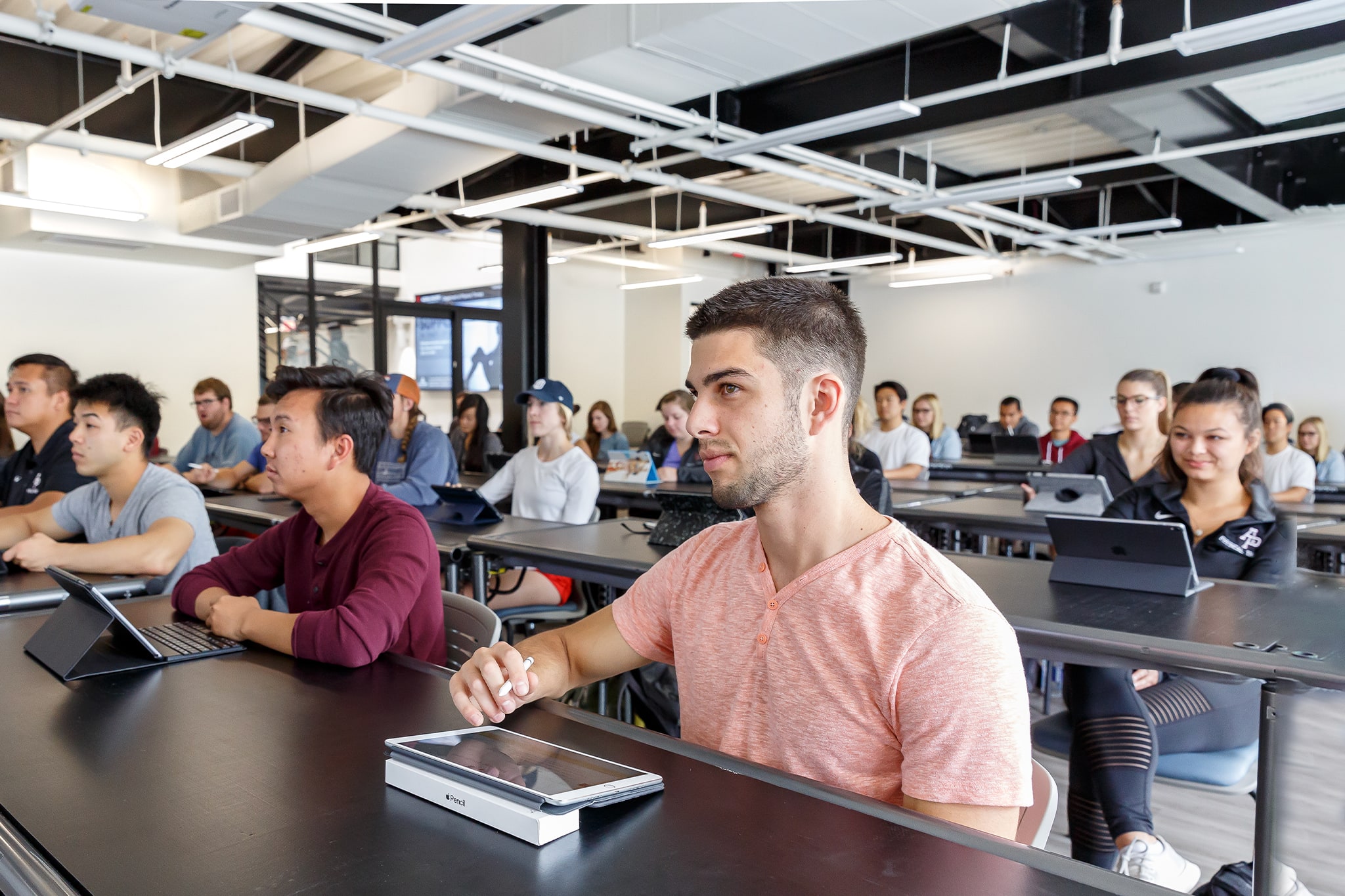
School of Behavioral Sciences
Making a Difference in the Helping Professions
APU’s School of Behavioral Sciences offers a wide range of programs across numerous departments. Whether preparing future psychologists or police officiers, therapists or professors, we believe in cultivating leaders who will serve others for a higher purpose. All programs within the school carry a distinctly Christian perspective that challenges students intellectually and spiritually while remaining flexible and student-oriented. Creative scheduling allows professionals engaged in evolving careers to enroll in graduate courses taught by highly qualified faculty and held on APU’s Azusa campus and at regional locations throughout Southern California.
Faculty Spotlight
I’m a firm believer that you don’t only teach in the classroom, but you take them outside. For each of my courses, we’ll either go to a victim advocate organization where they can volunteer with those who have become victims of various crimes ... [or] for my American courts class, we actually go to a courthouse so they can see this process from start to finish.
Chair and Assistant Professor, Department of Criminal Justice
Articles

Faculty Friday: Virginia Olivas, MSW, Encourages Social Work Students and Adoptive Parents
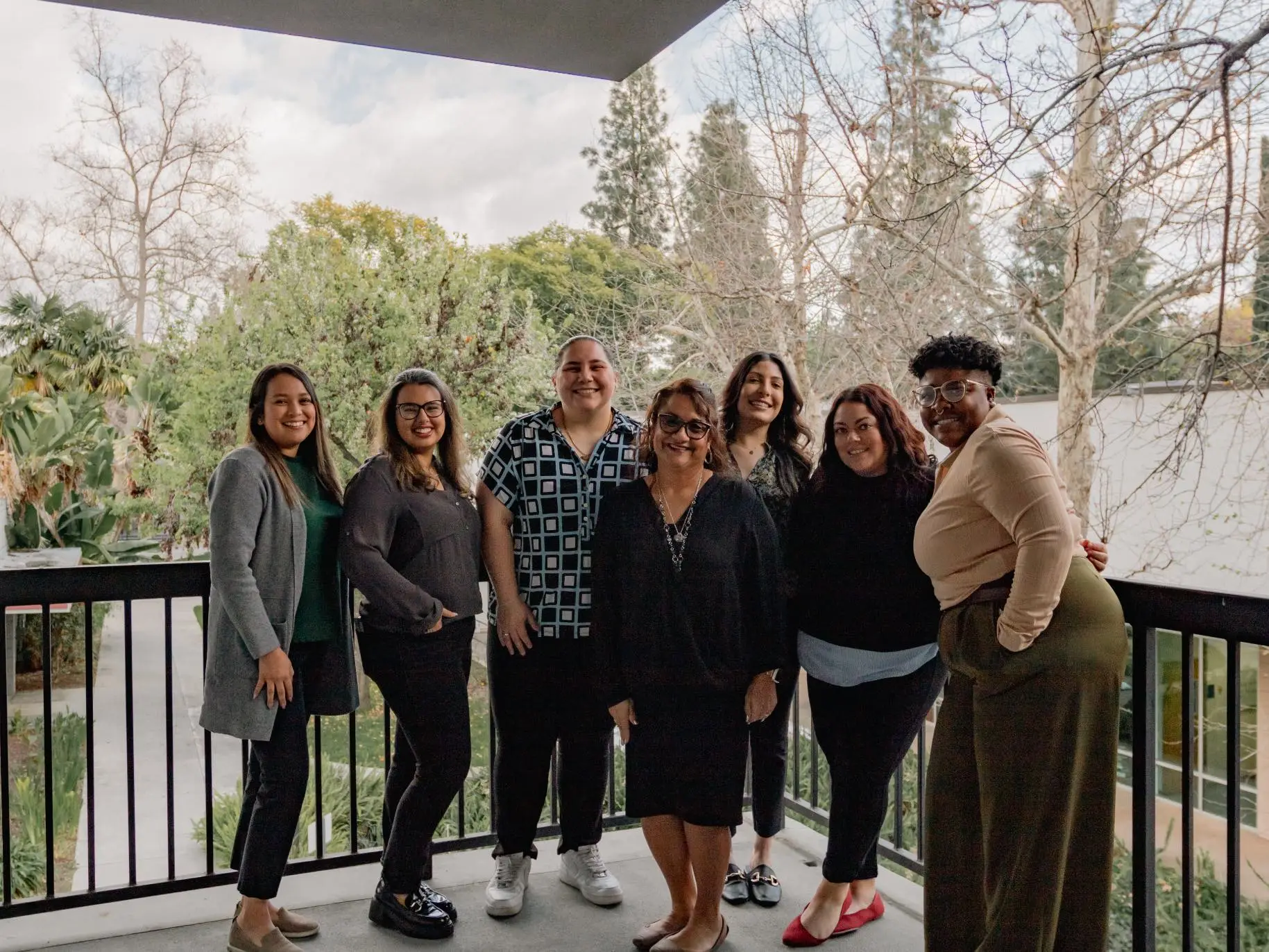
APU Social Work Celebrates Partnership with LA Department of Children and Family Services

Faculty Friday: Marie Fongwa PhD, MPH, RN, Promotes Cultural Sensitivity Through Research

APU’s Educational and Clinical Counseling Program Provides Students with Practical Skills and Support
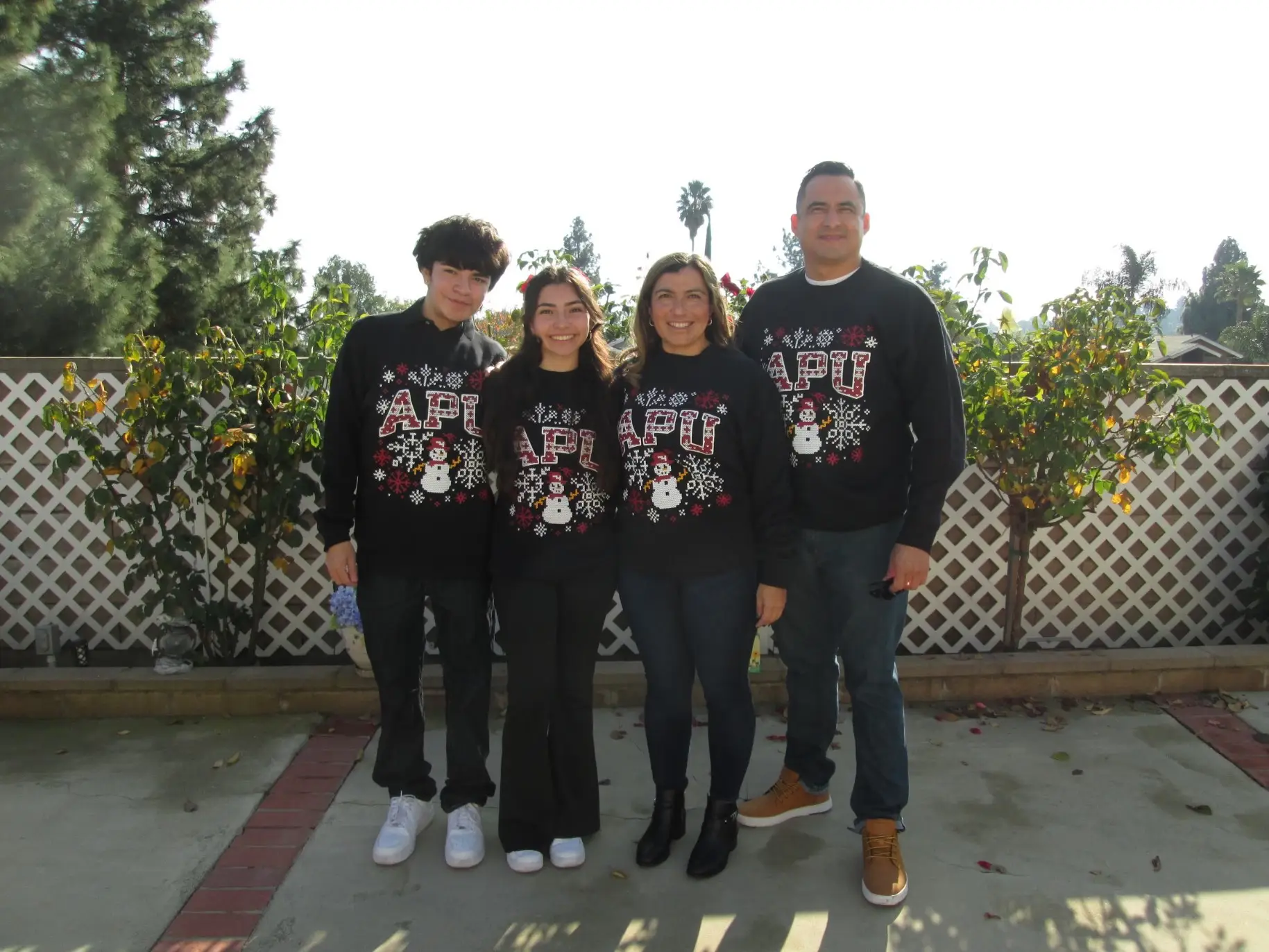
Faculty Friday: Danielle Lascano MA ’07, EdD, LMFT, RPT, Spreads Hope Through Psychology
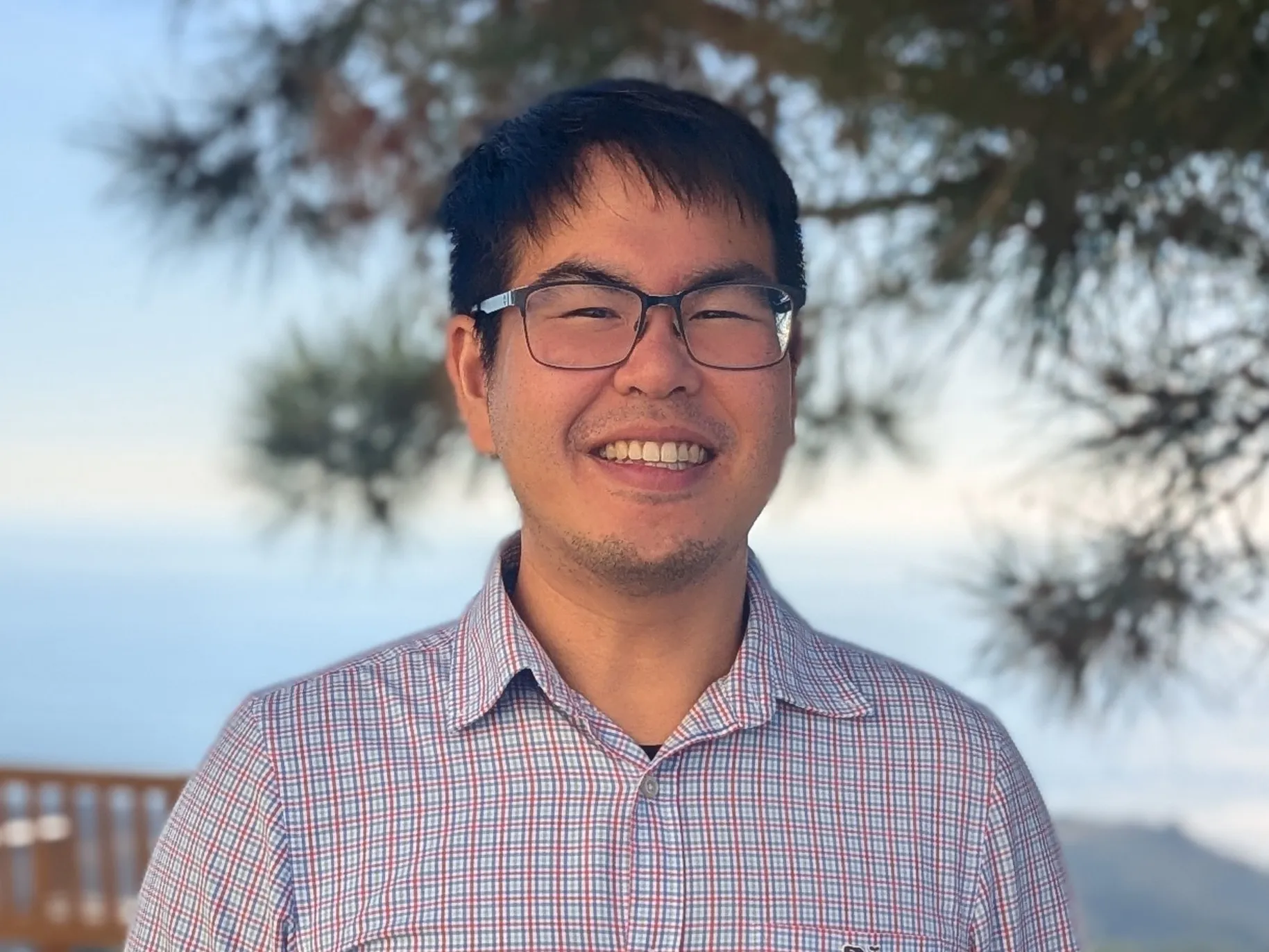
Alumni Feature: Jason Wong PsyD ’19 Cares for Others Through Clinical Psychology
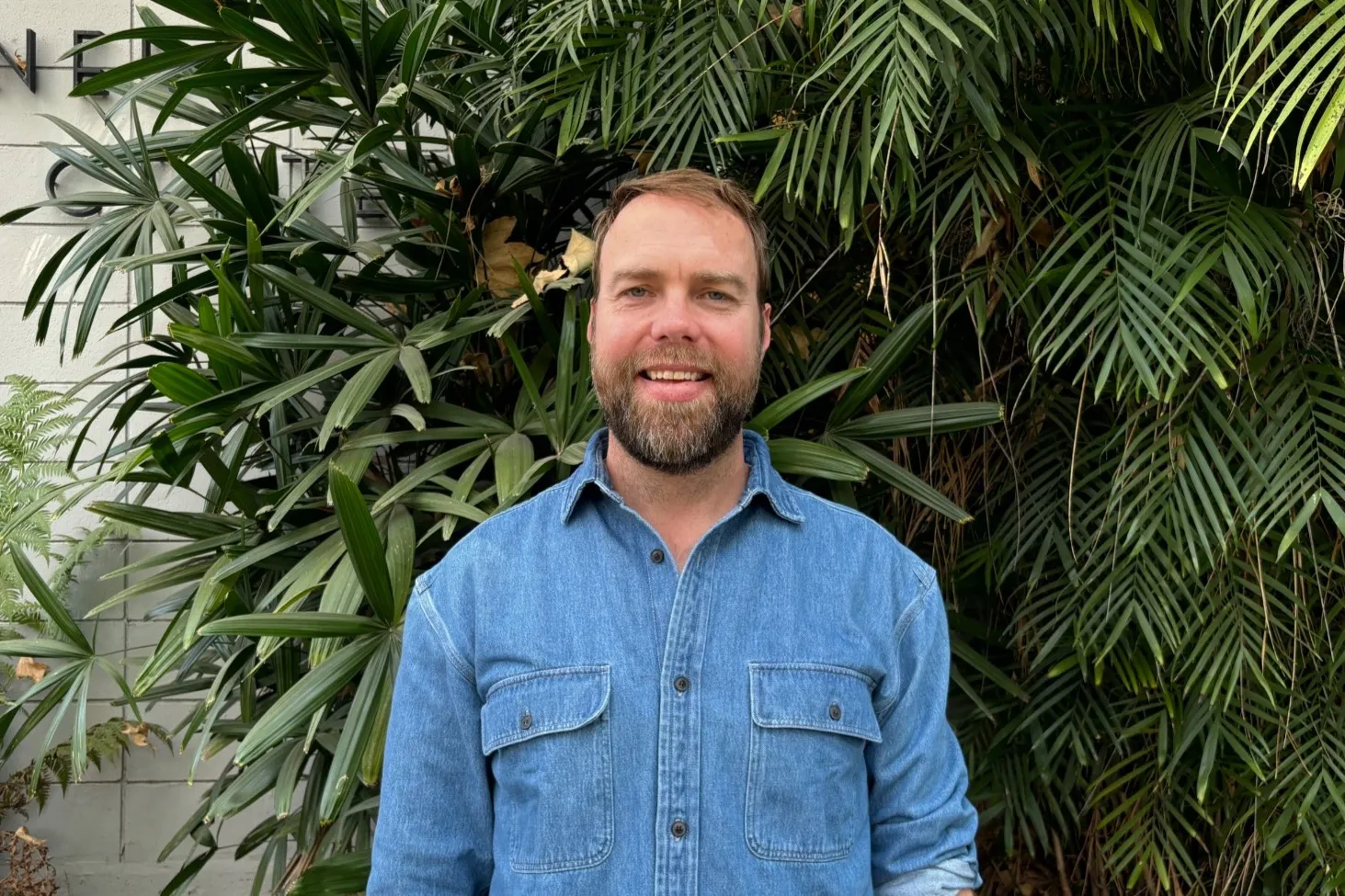
Faculty Feature: William Whitney, PhD, Guides Student to Create Pathways For Healing
About the Dean
